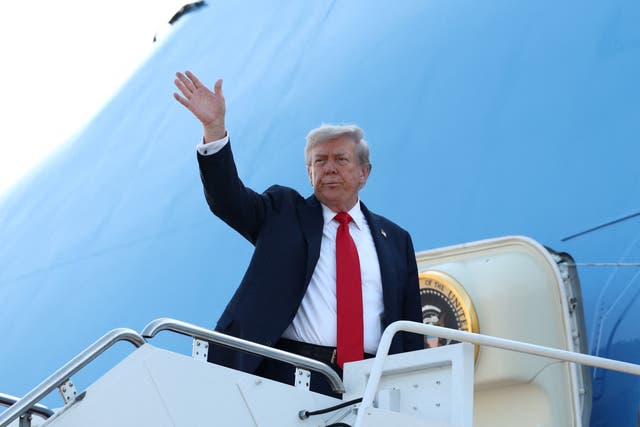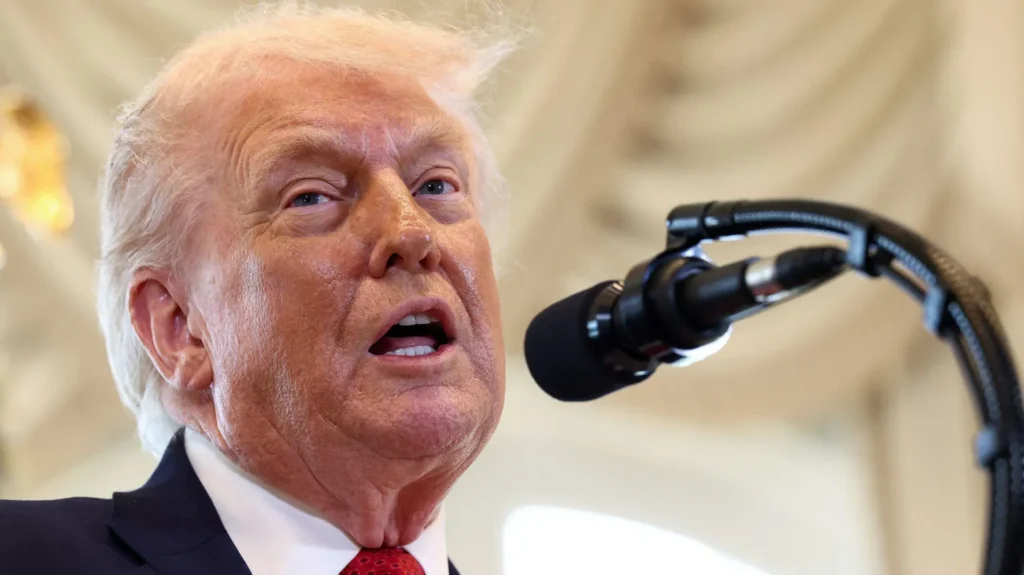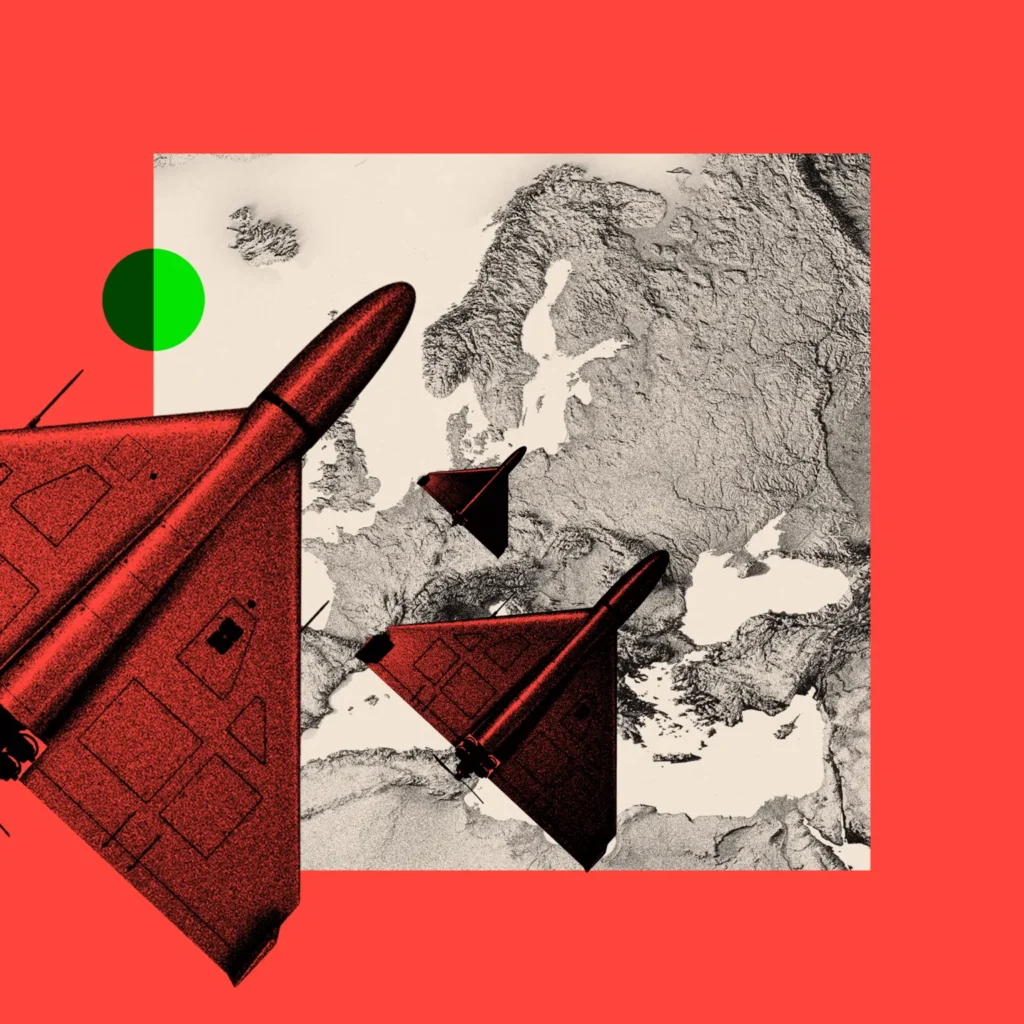Now Reading: Germany Unveils Controversial Military Service Plan to Boost Army to 260,000 by 2035
-
01
Germany Unveils Controversial Military Service Plan to Boost Army to 260,000 by 2035
Germany Unveils Controversial Military Service Plan to Boost Army to 260,000 by 2035

Germany has approved a new military service plan aimed at significantly expanding its armed forces amid rising security concerns in Europe. The coalition government’s plan mandates all 18-year-old men to complete a questionnaire assessing their suitability for service, with medical screening set to begin in 2027. Women may participate voluntarily.
The move comes as Berlin seeks to build Europe’s strongest conventional army. Defence firm Rheinmetall’s CEO Armin Papperger described Chancellor Friedrich Merz’s target as “realistic,” forecasting that Germany could achieve the planned troop levels within five years.
Currently, the Bundeswehr numbers around 182,000 troops. The new service model aims to raise this figure to between 255,000 and 260,000 over the next decade, supplemented by roughly 200,000 reservists. Lawmakers are expected to vote on the plan by the end of 2025.
Defence Minister Boris Pistorius sought to reassure the public, stating the plan is intended to enhance deterrence and defence rather than prompt fear. “The more capable our armed forces are, the less likely we are to become involved in conflict,” he said.
The plan has sparked debate. While some young Germans, like 21-year-old recruit Jason, see military service as a civic duty and a means of deterring potential aggressors, others are deeply opposed. Recent surveys suggest a majority of 18- to 29-year-olds oppose mandatory service. Critics argue the government is undermining young people’s freedom by requiring participation in military assessments.
Reintroduction of military service reflects a broader shift in German defence policy. Conscription was suspended in 2011 after decades of reduced post-Cold War military spending. The decision aligns with NATO calls for increased European defence spending, especially in light of Russia’s ongoing aggression in Ukraine.
Rheinmetall, Germany’s largest defence contractor, has benefited from the surge in demand for military hardware, supplying both the Bundeswehr and Ukrainian forces. CEO Papperger highlighted the company’s expanding focus on vehicles, ammunition, electronics, artificial intelligence, and satellite capabilities.
As Europe faces a volatile security landscape, Germany’s government argues that a stronger, better-prepared army is essential to national and regional defence.




